Massachusetts Ballot Questions 2022
The four questions propose various controversial measures to Bay Staters.
November 5, 2022
In my previous article, I examined the races for the United States Congress and how they may play out. Here, I would like to turn inward and look at issues concerning the state of Massachusetts; specifically, four of them.
I write in reference to the ballot questions. Every election cycle, be it a midterm or presidential election, voters answer questions on the ballot in reference to laws that may or may not go into effect depending on the results of the election.
Such topics as the legality of marijuana or same-sex marriage have been popular ballot questions in the past across the United States (the former of which was voted on in Massachusetts in 2016).
In 2022, there are four questions on the Massachusetts ballot.
The first question, or Question 1, asks voters whether they are in favor of an additional income tax on income a person makes in excess of $1,000,000 in a year.
The state describes that if a majority vote yes on this question, the state Constitution would be amended to “impose an additional 4% tax on that portion of incomes over $1,000,000”.
Those in favor of this amendment argue that it will lead to wealthier Massachusetts residents paying their fair share. Cynthia Roy, encouraging readers to vote “Yes” on Question 1, wrote that “the very rich will pay — not the rest of us.”
Those opposed to the amendment cite a number of problems with it. One argument against this amendment is that it “treats one-time earnings…as income,” including the sale of homes and inheritances. This could, in theory, put many people into the high tax bracket and make them pay the additional tax, albeit perhaps one time.
Another argument is that the amendment would cause wealthier Massachusetts residents to move out of the state, leading to a decline in population and thus representation in Congress.
Question 2 is related to dental insurance in Massachusetts. If passed, it would lead to dental insurance companies being required to spend 83% of their revenue on patient premiums, only allowing the remaining 17% for administrative expenses.
Those in favor of this proposal say that it will lead to dental insurance companies being more responsive to patient needs and better value for patients.
However, some caution against this amendment. They argue that it would cause an increase in premiums as the solution to corporate figures getting lower finances, citing an independent study that found that this amendment would lead to a 38% increase in premiums.
Next, following the failure in 2020 to pass a measure that would eliminate the limit on the number of retail locations that could sell alcohol in a company, a more restrained measure is being proposed.
If Question 3 passes, a number of laws would go into effect, including gradually doubling the number of retail locations per company that may sell alcohol and allowing people with out-of-state licenses to use these licenses to provide proof of age for the purchase of alcohol.
Those who want this law to go into effect argue that it would be a “reasonable and balanced” way to meet demand for alcohol while protecting against illegal sales of the substance.
Those opposed to this amendment argue that it is not a good enough solution to the problem of alcohol sales and that we need more comprehensive legislation.
There is one more question that will be put to voters in Massachusetts on November 8th, aptly named Question 4. This question has to do with the giving out of driver’s licenses.
If this controversial law passes, it would allow immigrants to the United States living in Massachusetts to obtain a driver’s license, regardless of whether they are legally residing in the country.
The aforementioned people would still have to meet the other requirements for obtaining a driver’s license, including passing a road test and showing proof of identity.
This law was actually passed by the state legislature, but vetoed by Governor Charlie Baker, whose veto was overridden.
Those in favor of this law argue that the question is not truly about immigration, but keeping Massachusetts’ roads safe. It is argued that other states that have adopted similar laws have had significant decreases in hit-and-run incidents.
But many worry about the ramifications for immigration this law poses. They argue that the measure takes power over immigration that neither the state nor the U.S. Constitution grants.
There are also worries that the law would allow undocumented immigrants to vote (though those who would obtain driver’s licenses through this law would not be automatically registered to do so).
These are the measures that shall survive or die by the pen of the voter. It is, then, of the utmost importance that we all know as much as possible about them.
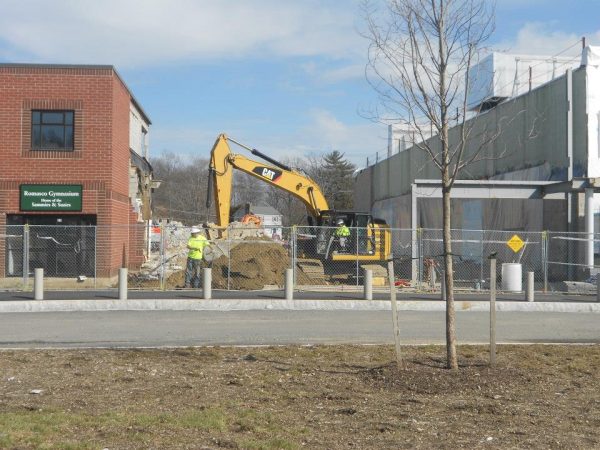

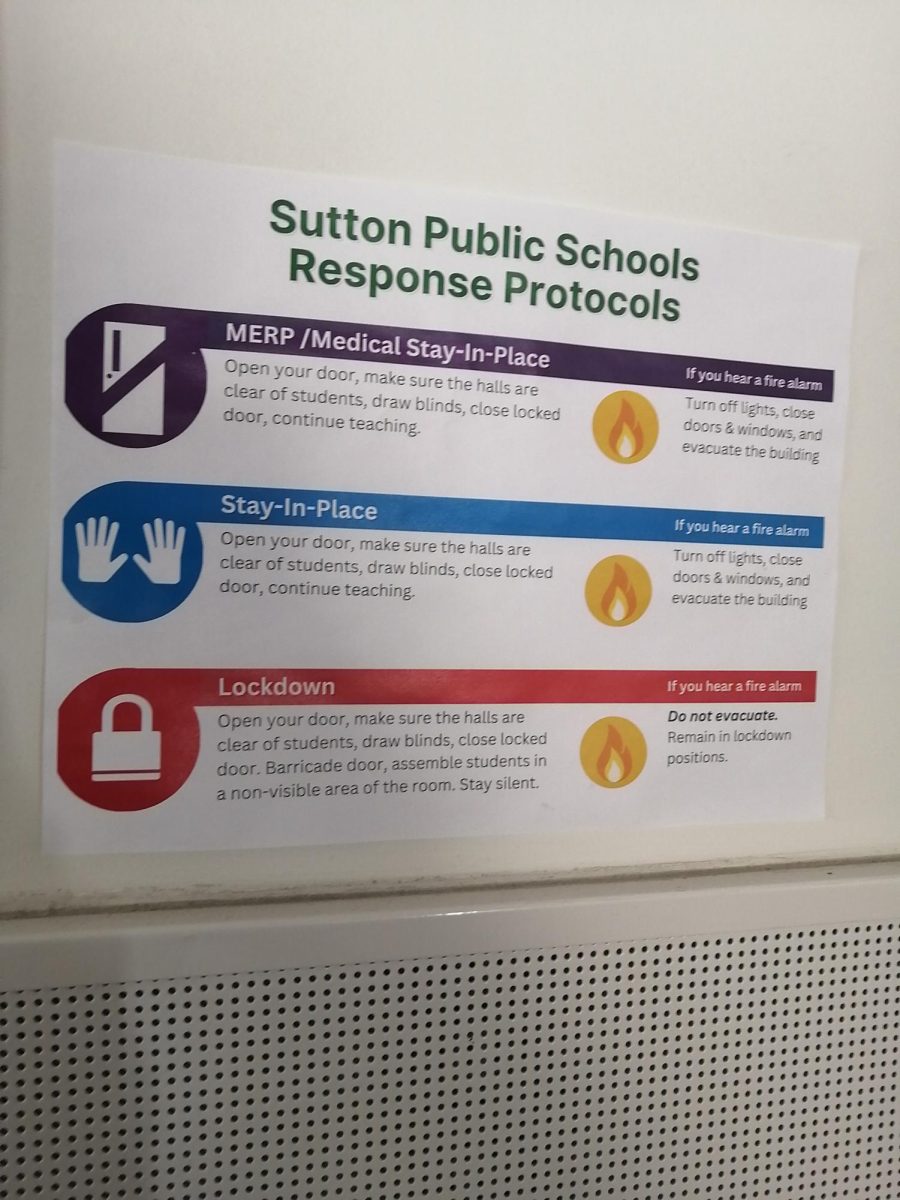
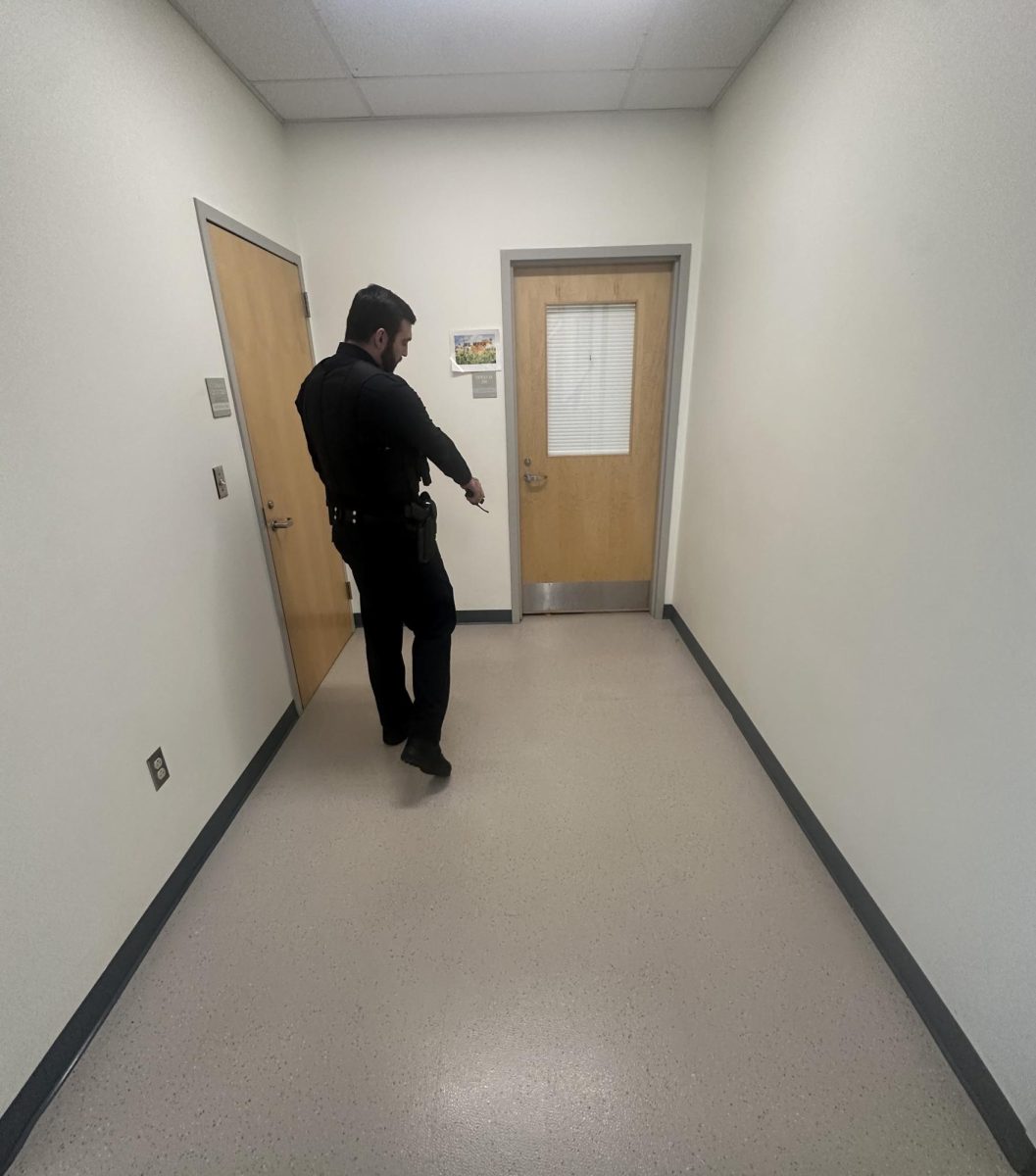





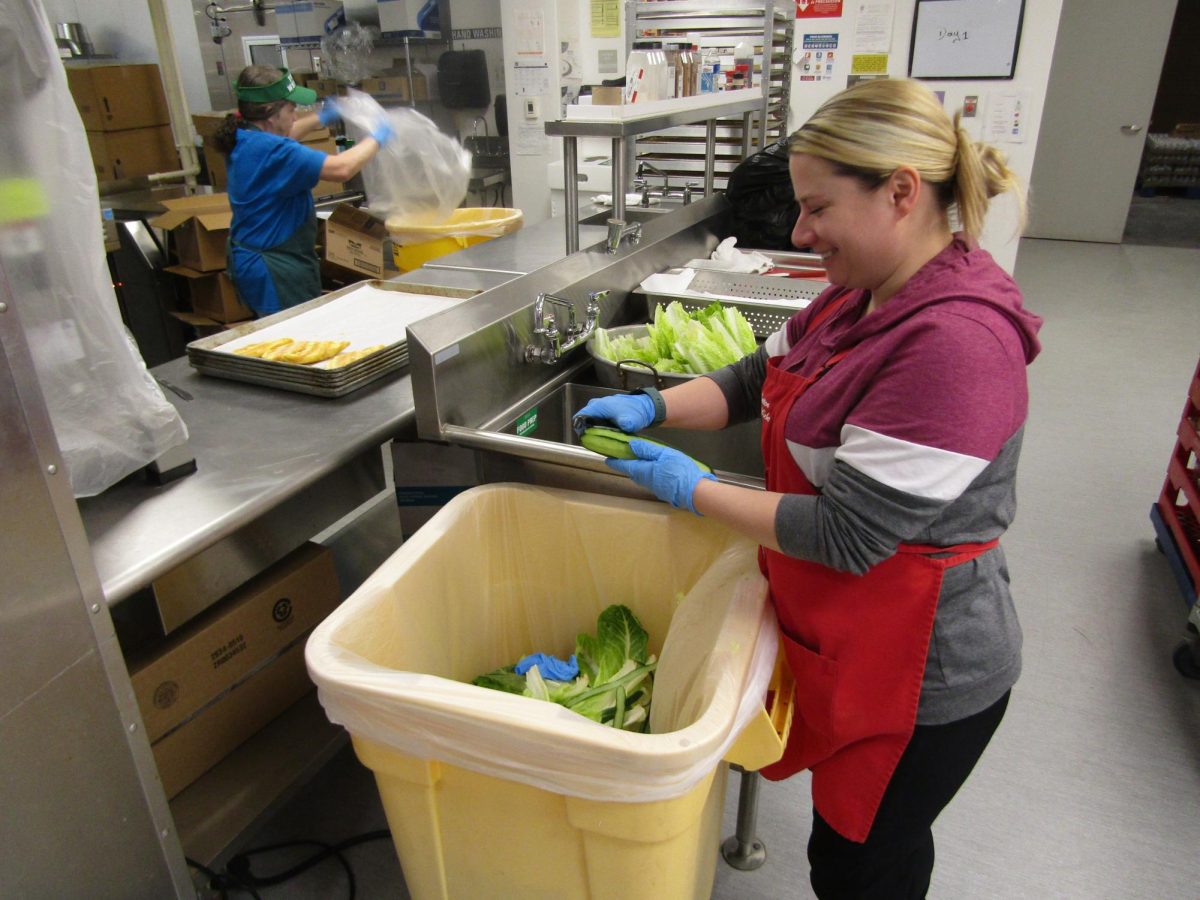





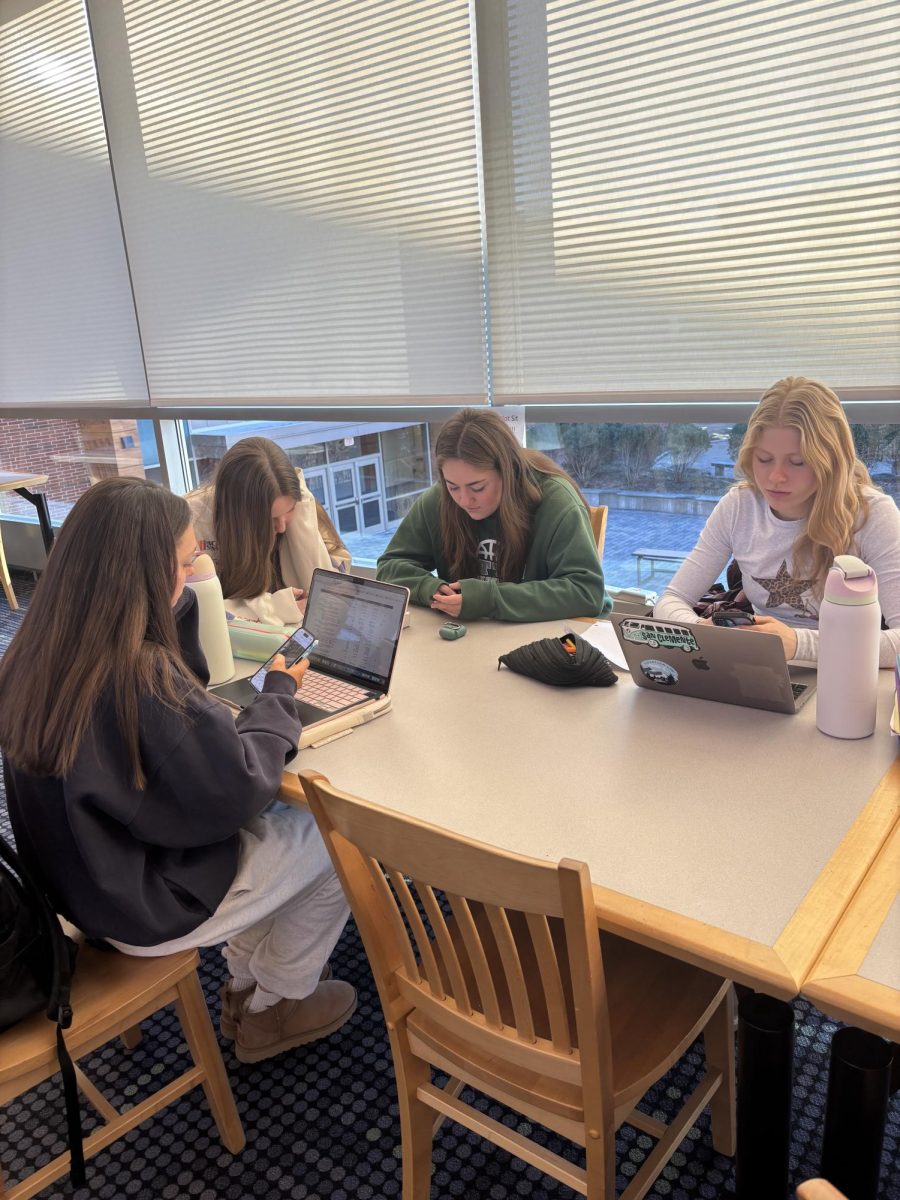




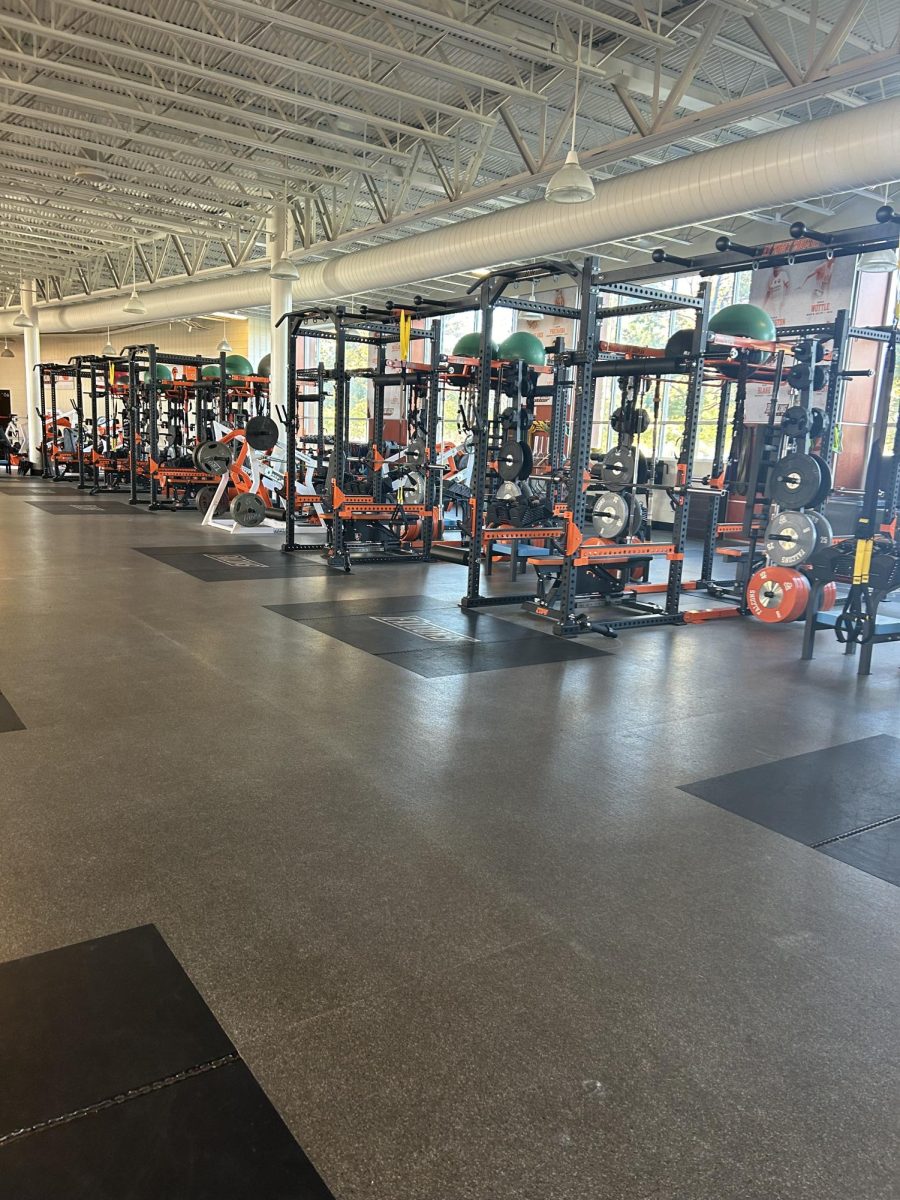


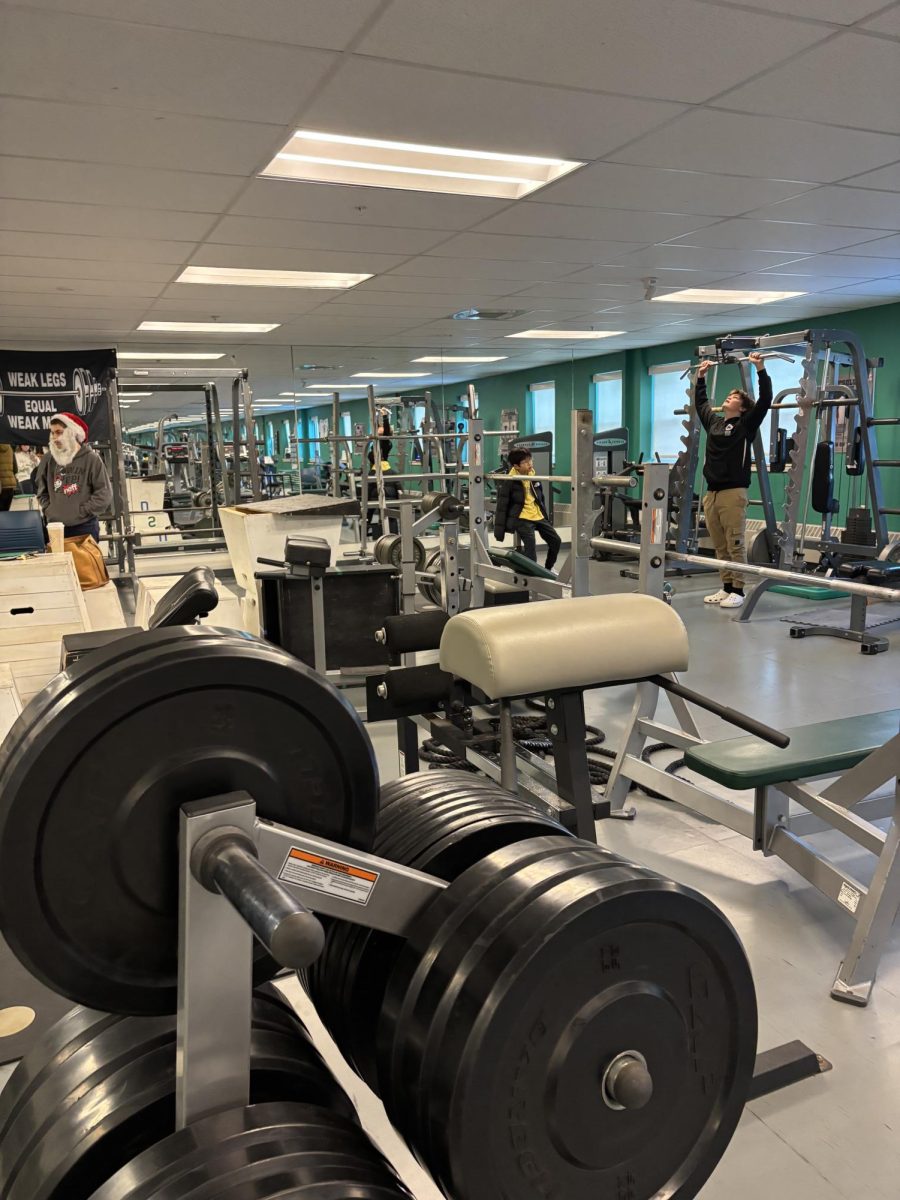








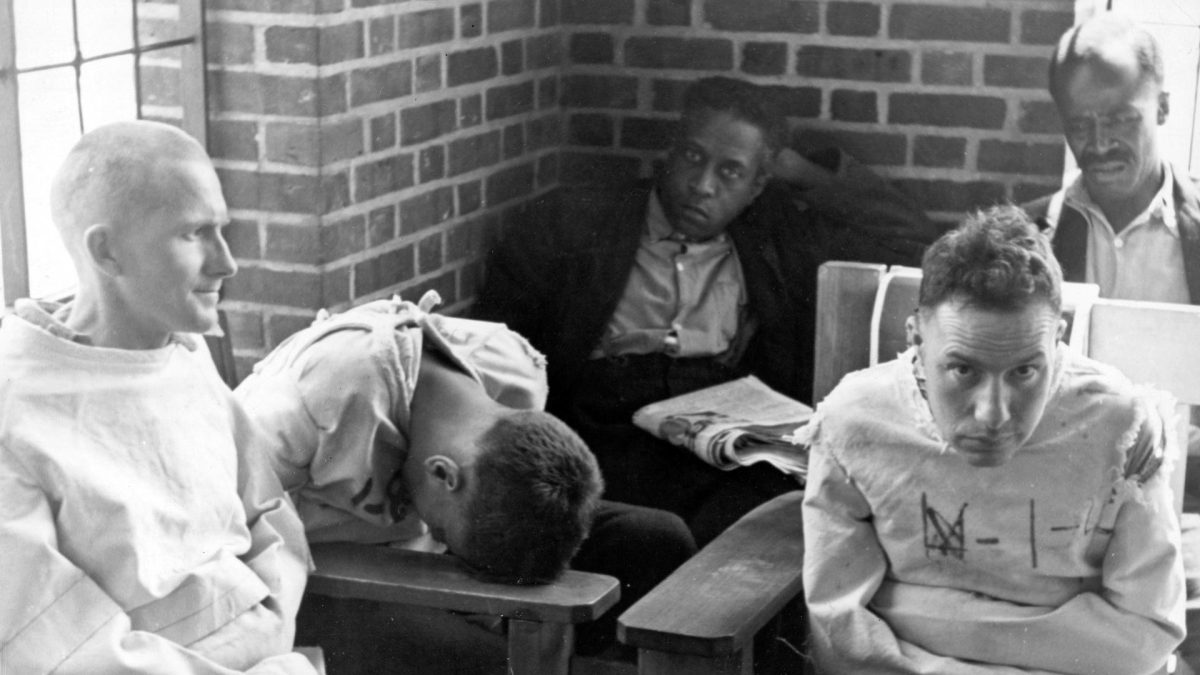


Karen Raymond • Nov 7, 2022 at 7:46 am
Great summary of the ballot questions! Everyone needs to go out and vote!